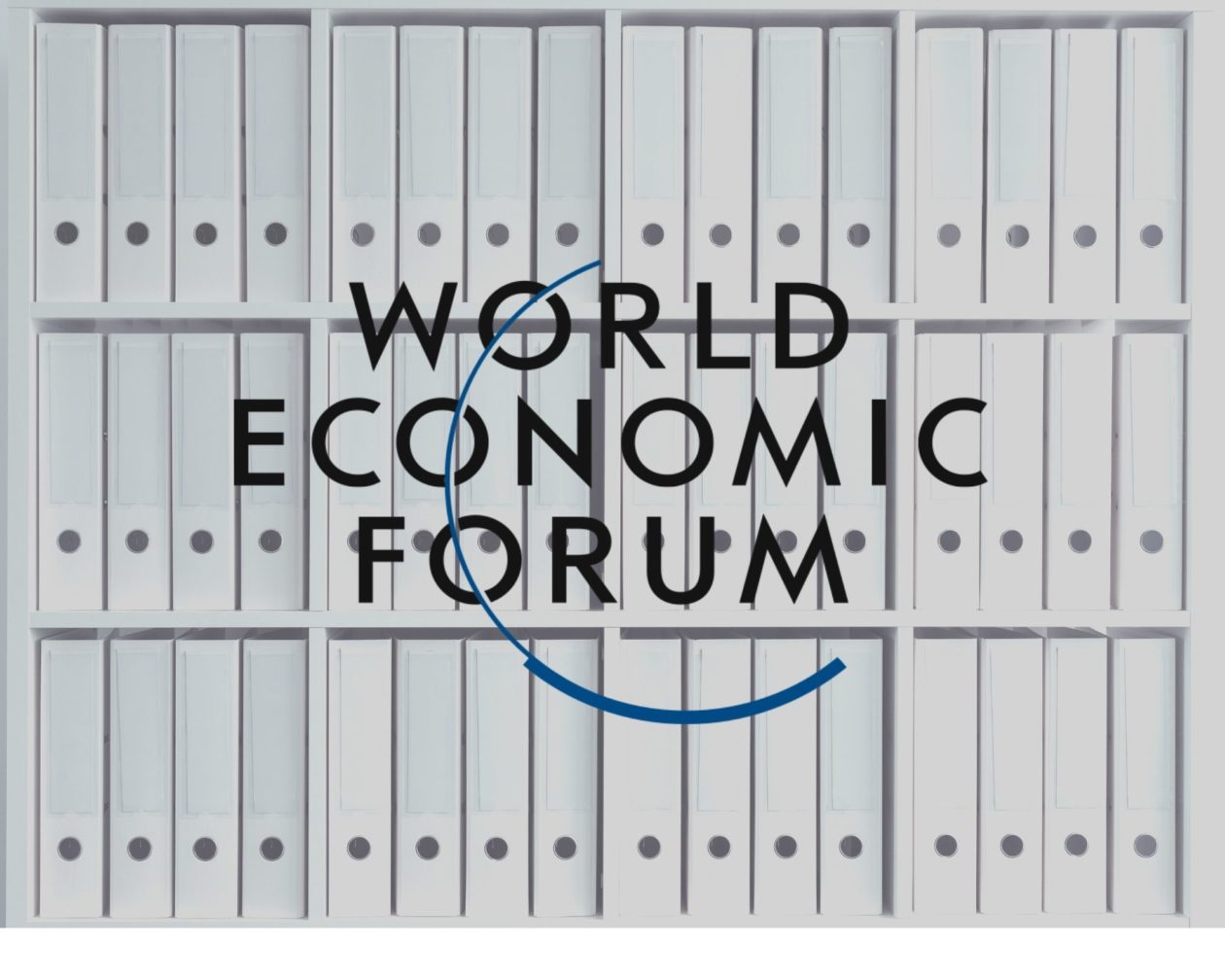The World Economic Forum (WEF) has created a resource suite to help policymakers and the private sector better understand policies and regulations around central bank digital currency (CBDC) — a form of digital money that represents a direct claim on a nation’s central bank — and stablecoins, which are cryptocurrencies that aim to maintain a stable value relative to another asset, such as the U.S. dollar.
Fast facts
- The WEF’s Digital Currency Governance Consortium, which includes over 85 private- and public-sector member organizations from over 30 countries, produced the tool after 18 months of research and analysis.
- The suite aims to help its users faster assess and evaluate key policy and regulatory actions, as well as outline contributions the private sector can make in the areas of design and distribution.
- “This body of work illustrates where opportunities exist and challenges remain to the establishment of a responsible, equitable, and thriving global financial future in which digital currencies play a significant role,” said Sheila Warren, deputy head of the WEF’s Centre for the Fourth Industrial Revolution Network, in a statement. “The consortium exemplifies public-private collaboration and includes experts from civil society and academia, reflecting the largest and most diverse set of stakeholders ever to convene on these topics.”
- The main resource is a collection of eight white papers that focus on regulatory and technology choices and the value proposition to the underserved. The white papers include, Regulatory and Policy Gaps and Inconsistencies of Digital Currencies, What is the Value Proposition of Stablecoins for Financial Inclusion? and Privacy and Confidentiality Options for CBDC. While the resource suite focuses on CBDC and stablecoins only, the authors state that this work relates and speaks to other forms of digital currency such as cryptocurrency.
- Multiple policy and regulatory standards related to stablecoins have seized industry attention this year. Crypto exchange Bitfinex and its stablecoin Tether were banned from New York in February as an investigation found their parent company iFinex falsified statements on the backing of Tether (symbol USDT). Payment technology company Circle disclosed in a February regulatory filing that it was under investigation by the U.S. Securities and Exchange Commission. The company has been criticized for not holding sufficient cash reserves. In October, the Bank for International Settlements and the International Organization of Securities Commissions jointly proposed that international standards for payment, clearing and settlement systems should be applied to “systemically important stablecoin arrangements.”




